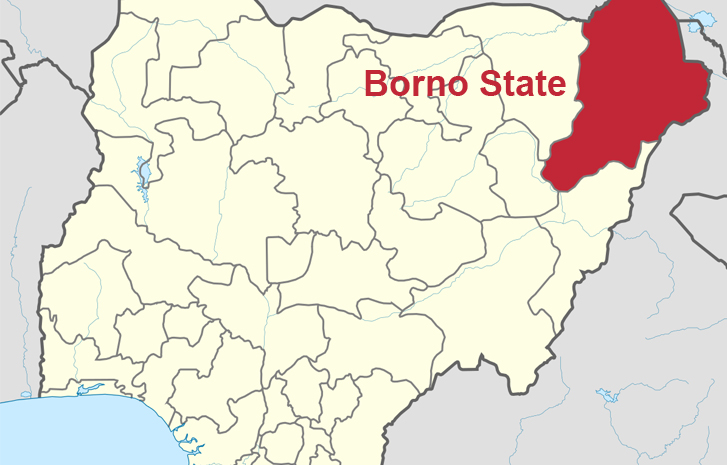As Nigeria gears up for the 2027 general elections, the political conversation across the country is shifting towards issues of equity, power rotation, and inclusion. These are concerns especially pertinent to Borno State, where the South has long faced political marginalization. The upcoming election cycle presents a critical opportunity for the people of Southern Borno to rewrite the state’s political narrative and ensure that their voices are no longer relegated to the sidelines.
For decades, Borno’s political landscape has been dominated by the northern and central parts of the state, with little to no political power coming from the southern region. Despite the Nigerian Constitution’s guarantee of equality before the law, the reality of governance in Borno tells a different story. Since the creation of the state, no individual from the nine Local Government Areas (LGAs) of Southern Borno has ever ascended to the governorship position. The closest they have come is through the deputy governorship seat. Power, resources, and political influence have largely favored the northern and central regions, leaving Southern Borno politically and economically marginalized.
The temptation is strong to place the blame solely on the Kanuri ethnic group, which has historically held political power in the state. However, this analysis oversimplifies the situation. The lack of unity and political cohesion among the minority ethnic groups of Southern Borno has also played a significant role in the region’s marginalization. Fragmentation within the South has allowed other regions to maintain a stranglehold on power. The need for action is clear; it’s time for Southern Borno to take charge of its destiny.
In the face of this political imbalance, Southern Borno must embrace a bold, new strategy in the lead-up to the 2027 elections. This strategy begins with uniting the diverse ethnic and political factions within the South. Southern Borno must resolve its internal conflicts, rebuild fractured relationships, and present a united front in its pursuit of political equity. A divided region cannot hope to challenge the status quo and demand a fair share of political power.
Once unity is achieved, the next step is outreach. Southern Borno must engage in meaningful dialogue with political stakeholders across the state—particularly those in the North and Central zones. Building bridges with these regions, as well as forging strategic alliances with influential leaders, will be crucial. Leaders such as the Shehu of Borno, Dr. Abubakar Umar-Ibn Garbai Al-Amin Elkanemi, Vice President Kashim Shettima, and Governor Babagana Umara Zulum have the influence to help foster an inclusive political environment that benefits all parts of the state. By aligning with these key figures, Southern Borno can help create a political framework that ensures fair representation and resource distribution for all.
This is not a time for antagonism or divisiveness. Instead, Southern Borno must approach the political table with vision, diplomacy, and a willingness to negotiate. Power rotation—an informal but widely effective political arrangement adopted by many states in Nigeria—should be seriously considered for Borno. Such a “gentleman’s agreement” can ensure that no one region holds a monopoly on political power, and every zone has a sense of belonging.
But for this to happen, Southern Borno must first set its house in order. The region must rise above internal divisions and adopt a unified front in its bid for political equity. Only then can Southern Borno present its case to the rest of the state and the nation. It is essential that this work begin now, long before the election season intensifies.
There is no denying that the path to political equity in Borno will be challenging. But it is also clear that with unity, focus, and strategic partnerships, a significant change is possible. Southern Borno has the potential to become a key player in the state’s political future, but this will require both bold action and patient diplomacy.
The time to act is now, and the opportunity for change is within reach. The people of Southern Borno must now decide whether they are ready to take that bold step towards rewriting their political history. History favors the courageous, and it is time for Southern Borno to rise to the occasion.







